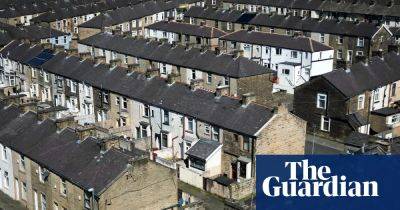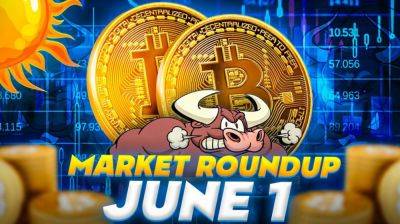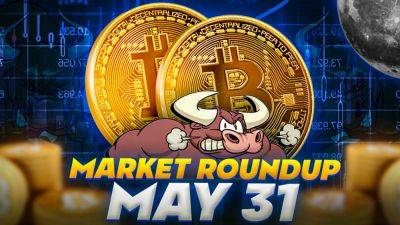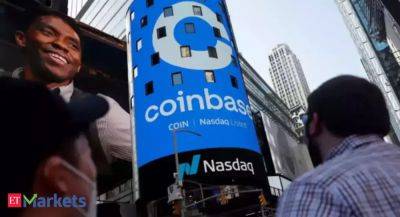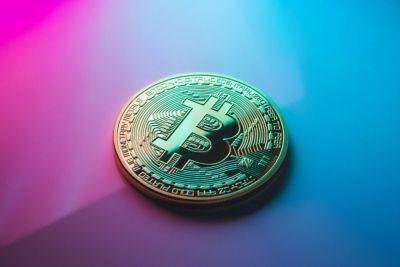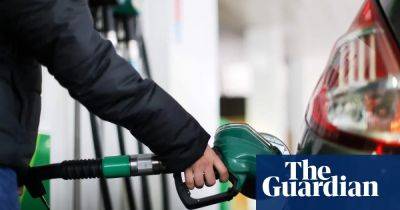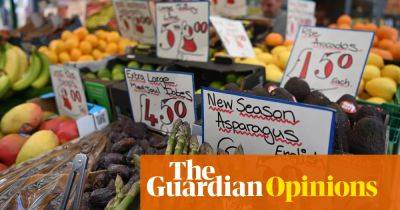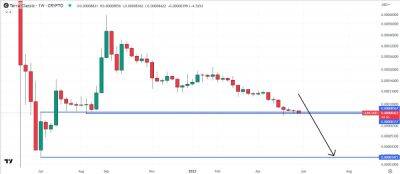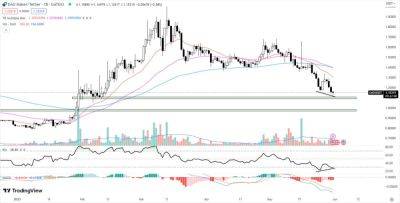Failure to grasp UK inflation drivers will continue to keep prices high
Inflation is falling, but not as fast as everyone hoped. The Bank of England expected a bigger drop and so did the majority of City analysts.
A fall in the consumer prices index (CPI) to 8.7% in April from 10.1% in March put an end to the UK’s long period of double-digit price rises, but was not the 8.2% analysts forecast.
When the global price of gas began to plummet in the first months of the year, there were forecasts from some of the City’s big hitters that inflation would drop to below 3% by the end of 2023.
Those predictions are now in the bin. Inflation is more likely to end the year above 5%, prompting the central bank to push interest rates up from 4.5% towards 5.5% if the latest betting on financial markets is a guide.
And there are political implications. Rishi Sunak may miss his target of halving inflation by the end of 2023. Jeremy Hunt will need to explain to the nation why the government’s borrowing costs, which are tied to some extent to inflation and the interest rate charged by the Bank of England, could escalate sharply.
In the search for who or what to blame, the first culprit is food, which hit an inflation rate of almost 20% earlier this year and has remained at that level ever since.
It was only yesterday that Hunt met food producers to ask them why prices continued to accelerate when all their major costs were falling. From his public statements, he was none the wiser, saying only that he reserved the right to impose price controls.
Hunt’s Treasury staff have failed to produce any studies examining why food inflation remains a significant factor, preferring to rely on surveys.
Analysis by the Office for National Statistics in January examined the extra costs faced by the corporate sector, but the
Read more on theguardian.com

